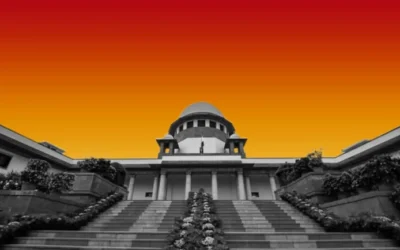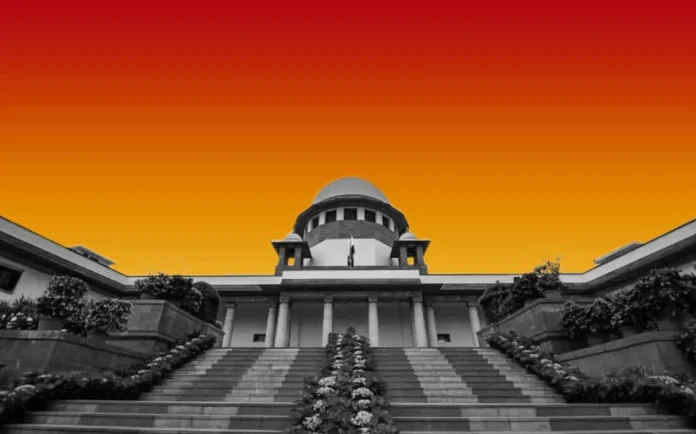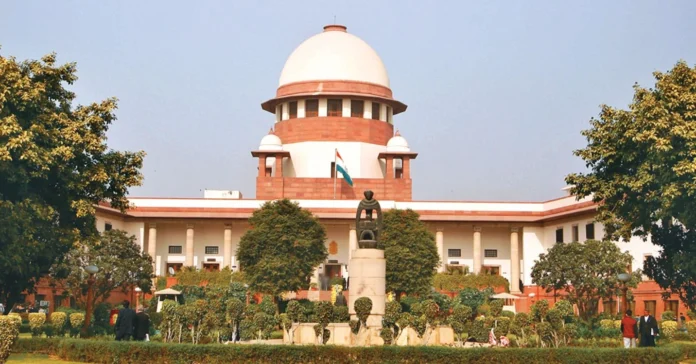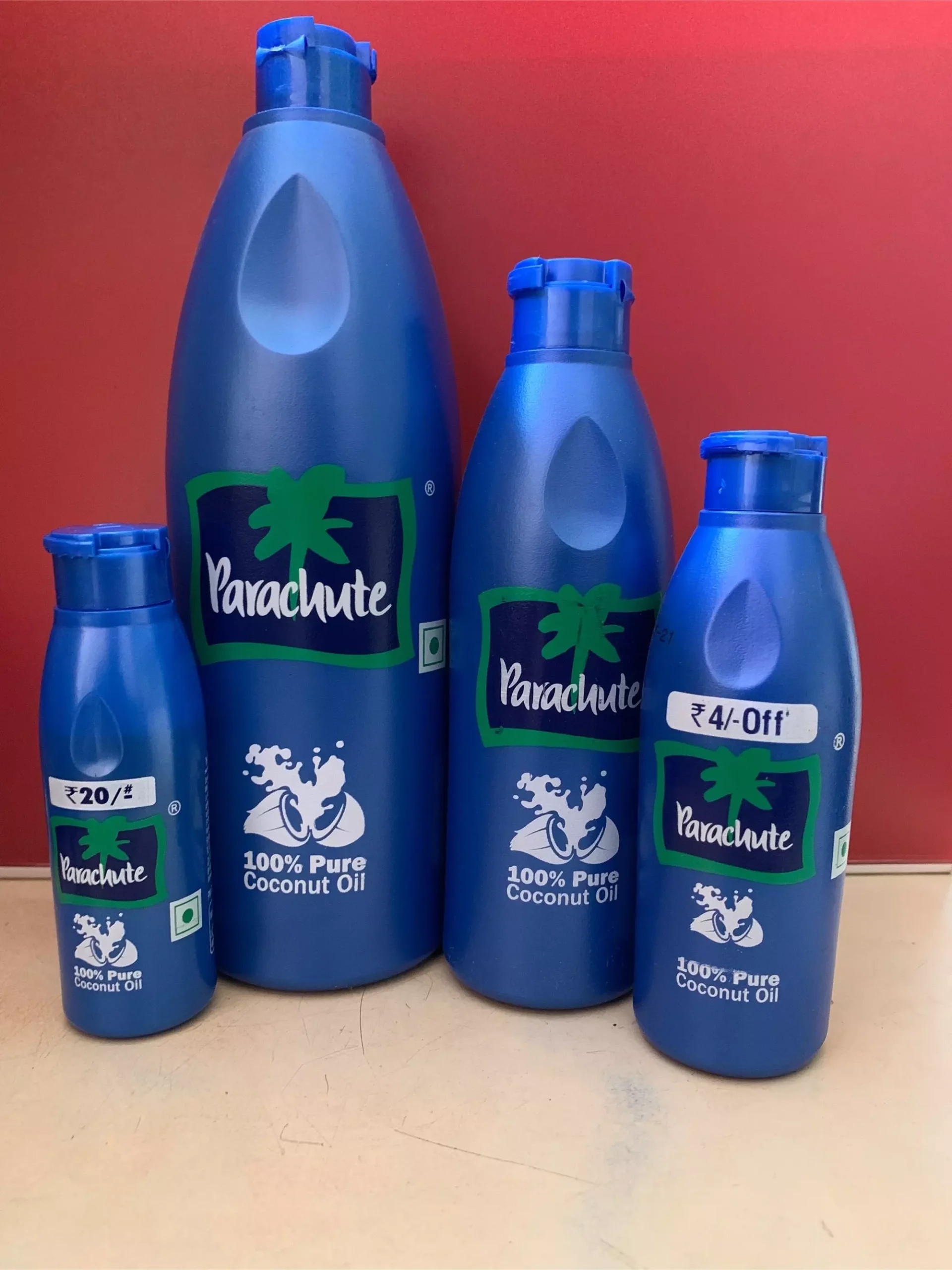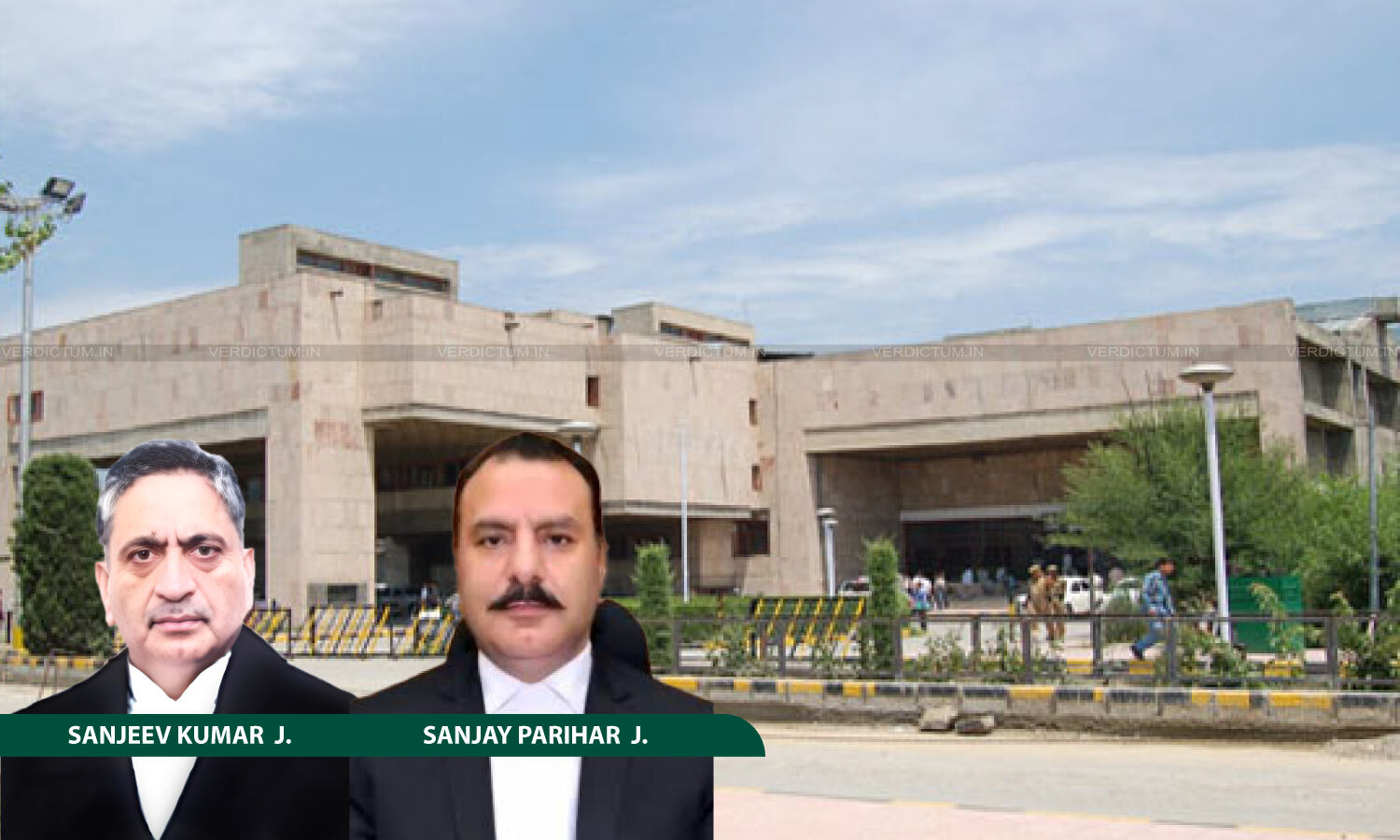Chhattisgarh High Court Upholds Conviction Of CRPF Constable

The Chhattisgarh High Court upheld the conviction of a Central Reserve Police Force (CRPF) Constable for the murder of four colleagues and observed that long working hours without leave and difficult environment does not give right to any person to vent his anger by causing the death of his own colleagues.
An appeal was filed by the Convict against the judgment of Special Court (Naxal), whereby he was sentenced to life imprisonment for the murder of four CRPF Personnel.
The Division Bench of Chief Justice Ramesh Sinha and Justice Bibhu Datta Guru held, “The working conditions of armed forces personnel can be extremely dangerous and deadly involving exposure to a variety of hazards both in combat and peace time situations… They are adequately trained to face all sorts of pressures. Long working hours without leave and difficult environment does not give right to any person to vent his anger by causing death of his own colleagues. The appellant, being a member of armed force was responsible for the security and safety of the people of the area from the naxalites but instead of performing his duty, the appellant took a drastic measure by opening fire indiscriminately with two assault rifles upon the fellow members, which, by no stretch of imagination can fall under Section 304 Part I or II of the IPC.”
Senior Advocate Fouzia Mirza represented the Appellant, while Advocate Shashank Thakur represented the Respondent.
Case Brief
The Appellant was charged and convicted for the offences under Sections 302, 307 of the IPC, and Sections 25 (1B)(a) and 27 (1) of the Arms Act.
It was the case of the Prosecution that there was a rivalry between the Appellant and the deceased personnel, regarding the allotment of duty. On the date of the incident, the Appellant kept his service rifle in his barrack and went to the subordinate Officers’ rest room and took his service rifle AK-47 and fired indiscriminately at his colleagues. The Appellant had killed four CRPF personnel and injured one. On being asked strictly, the Appellant informed that he had cleaned the filth of the Company and some more are required to be cleaned. There was also eye witnesses to the incident.
On the contrary, the Appellant contended that he was not guilty and has been falsely implicated as he had raised voice against fake encounters by the CRPF personnel. It was also submitted that the Appellant was performing his duties in a heavily naxal infested area. The working environment in the said place and the level of stress that a member of the armed forces has to undergo, is immense. The Appellant was frustrated by the fact that he was not getting leave. All these circumstances together made the Appellant lose control over himself, therefore, the case of the Appellant fall within the purview of Exception 4 to Section 300 of IPC and the act of the Appellant is culpable homicide not amounting to murder and it is a fit case where the conviction of the Appellant for offence under Section 302 of the IPC can be converted/altered to an offence under Section 304 (Part-I or Part-II) of the IPC.
Court’s Observation
The primary question before the Court was whether the appellant was the perpetrator of the crime.
On perusal of facts and circumstances, the Bench opined that the death of the deceased persons was homicidal in nature and caused because of the gunshot. The injuries caused on the body of the deceased were bullet injuries.
The Court highlighted it is well settled that conviction can be based on the testimony of a sole eyewitness, even without corroboration, if the court finds the witness to be wholly reliable and trustworthy. The Court assesses the credibility of the witness, not just the quantity of witnesses.
“In the present case, there are number of eye witness being the members of the armed force, namely CRPF and were present at the Camp itself where the incident occurred. Further, in the present case, Gajanand Sharma (PW-7) is the injured eye witness and his deposition would be of much relevance. The sworn testimonies provided by injured witnesses generally carry significant evidentiary weight. Such testimonies cannot be dismissed as unreliable unless there are pellucid and substantial discrepancies or contradictions that undermine their credibility”, the Court observed.
In regard to Appellant’s contention that he has been falsely convicted as he had raised voice against illegal killing of an innocent villager, the Court observed that there is no explanation given by the Appellant as to how the four persons came to be dead from bullet injuries and one personnel sustained injuries when there was no naxal attack on the camp.
The Court opined that from the evidence of the witnesses, it appears that since the appellant was angry upon the deceased persons as they had complained that the appellant used to leave the post/camp and went out of the camp daily for unwanted reasons.
“The appellant was well aware of the consequences and ordinarily, a member of armed force is issued only one rifle but the appellant was carrying two rifles at a time and had used both the rifles which goes to suggest that he had premeditation for causing the crime in question”, added the Court.
Accordingly, the Appeal was dismissed and the Court upheld the conviction.
Cause Title: Sant Kumar V. State of Chhattisgarh (Neutral Citation: 2025:CGHC:25748-DB)
Appearance:
Appellant: Senior Advocate Fouzia Mirza and Advocate Navin Shukla
Respondent: Advocate Shashank Thakur, Deputy Advocate General

